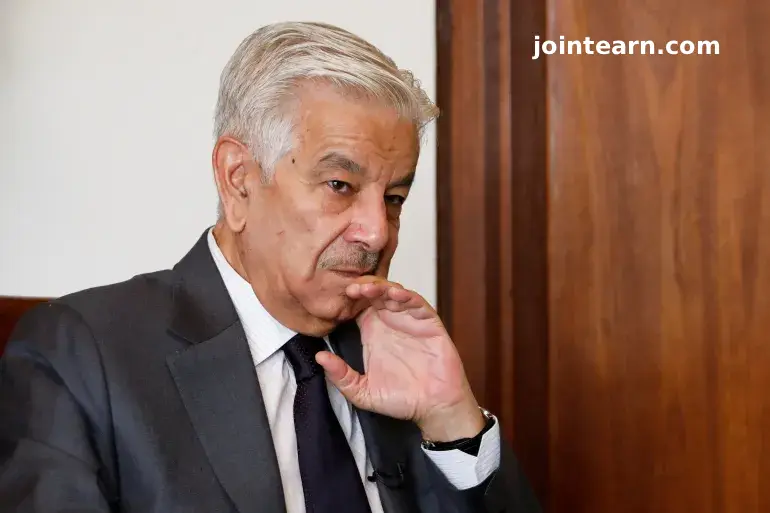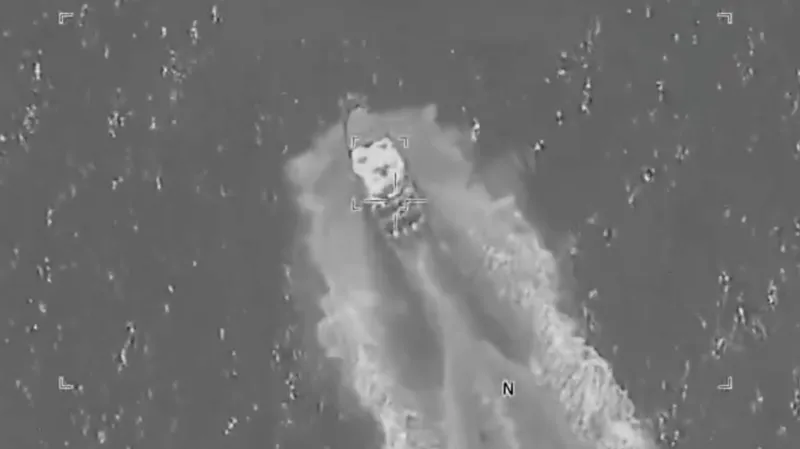
Pakistan’s fragile ceasefire with Afghanistan will hold only if Afghanistan takes concrete steps to stop armed groups attacking across the two countries’ porous frontier, Pakistan’s Defence Minister Khawaja Muhammad Asif said on 20 October 2025.
The remarks came a day after Afghanistan and Pakistan reached a ceasefire agreement brokered by Qatar and Türkiye. Islamabad has insisted the truce’s success depends on Kabul taking effective action against fighters who it says use Afghan territory as a sanctuary to mount attacks inside Pakistan.
“Everything hinges on this one clause,” — Pakistan’s demand for enforcement
In an interview with Reuters, Defence Minister Khawaja Muhammad Asif underlined that the written agreement contains a single, vital condition: Afghanistan must prevent attacks originating from its soil. “Anything coming from Afghanistan will be [a] violation of this agreement,” Asif said, noting that the pact explicitly rules out cross-border incursions.
The ceasefire follows a week of intense and deadly border clashes that drove relations between the two neighbours to their lowest point since the Taliban’s return to power in Afghanistan after the withdrawal of US and NATO forces in 2021. Islamabad has repeatedly demanded that Kabul act against Tehreek-e-Taliban Pakistan (TTP) — an umbrella of militant groups commonly called the Pakistan Taliban — which Pakistan says operates from Afghan havens.
Accusations and denials: TTP, the Afghan Taliban and mutual allegations
Asif accused the Pakistan Taliban of operating “in connivance” with Afghanistan’s ruling Taliban. The Afghan Taliban, through spokesman Zabihullah Mujahid, has rejected the claim and stressed the ceasefire’s mutual terms. Mujahid told reporters that the agreement stipulates neither country will undertake hostilities against the other or support groups that carry out attacks against the Government of Pakistan. He added that both sides agreed to refrain from targeting security forces, civilians or critical infrastructure.
Afghanistan, for its part, has accused elements within Pakistan’s military of spreading misinformation and of sheltering ISIL (ISIS)-linked fighters — allegations that Islamabad has denied. The two sides’ reciprocal accusations underscore the deep mistrust that the ceasefire must overcome if it is to hold.
Military escalation and recent strikes
Officials in Pakistan say the recent flare-up was triggered after Islamabad demanded action against the TTP. In response to cross-border attacks, Pakistan’s military carried out air strikes on the Afghan capital, Kabul, including an operation on 9 October aimed at Pakistan Taliban leader Noor Wali Mehsud; Pakistan later claimed the strikes were targeted at militant leadership. Noor Wali subsequently appeared in a video, undercutting claims he had been killed.
“We were being attacked. Our territory was being attacked. So we just did tit for tat,” Asif told Reuters, defending Pakistan’s strikes and saying Pakistani forces would pursue militants “wherever they are.” “They are in Kabul. They are everywhere. Wherever they are, we will attack them. Kabul is not, you know, a no-go area.”
Next steps: enforcement mechanism to be discussed in Istanbul
Both sides have agreed to continue talks to implement and enforce the ceasefire. Asif said the next round of discussions is scheduled in Istanbul on 25 October to develop a mechanism for how the agreement will be enforced. The Istanbul talks are expected to focus on verification, cross-border incident protocols, and measures to ensure neither side harbours or supports armed groups that attack the other.
What is at stake
The ceasefire offers a window for de-escalation between two neighbours with a long history of mutual suspicion. For the agreement to be more than a temporary lull, both Kabul and Islamabad will need to present verifiable steps that demonstrate compliance. For Pakistan, the crucial test will be whether attacks originating from Afghan soil — particularly by the TTP — cease. For Afghanistan, the priority will likely be safeguarding sovereignty while responding to Pakistani demands without appearing to capitulate to external pressure.


Leave a Reply